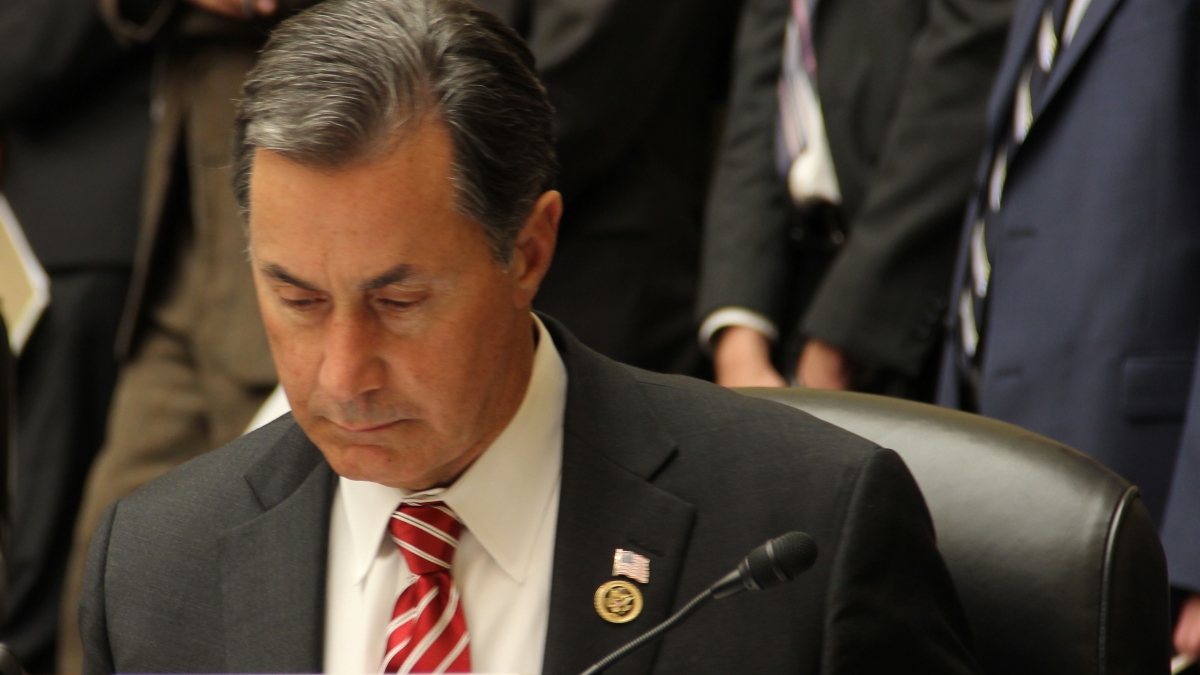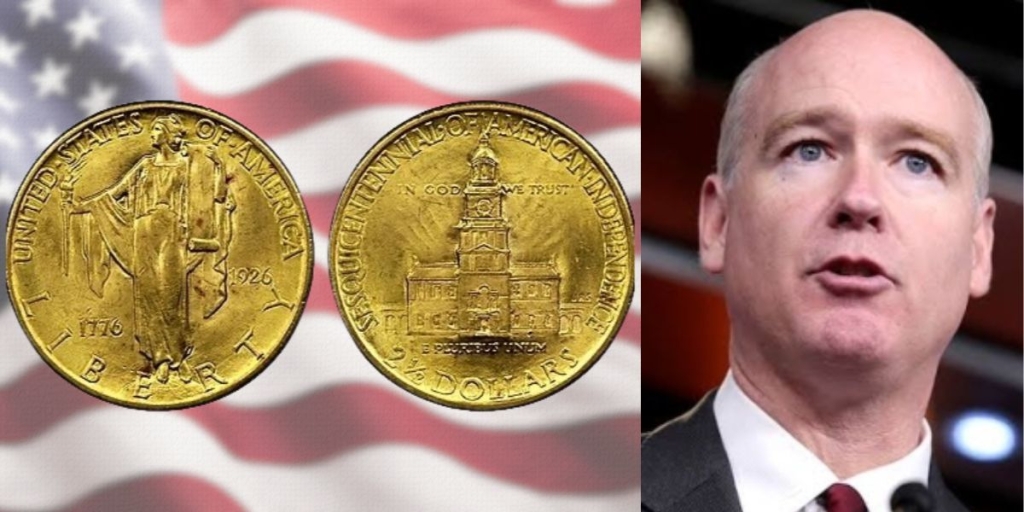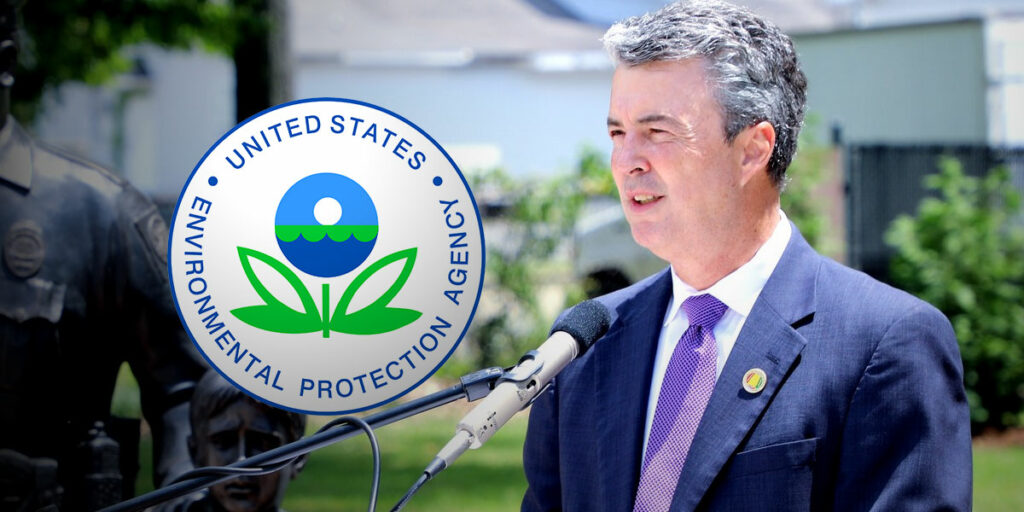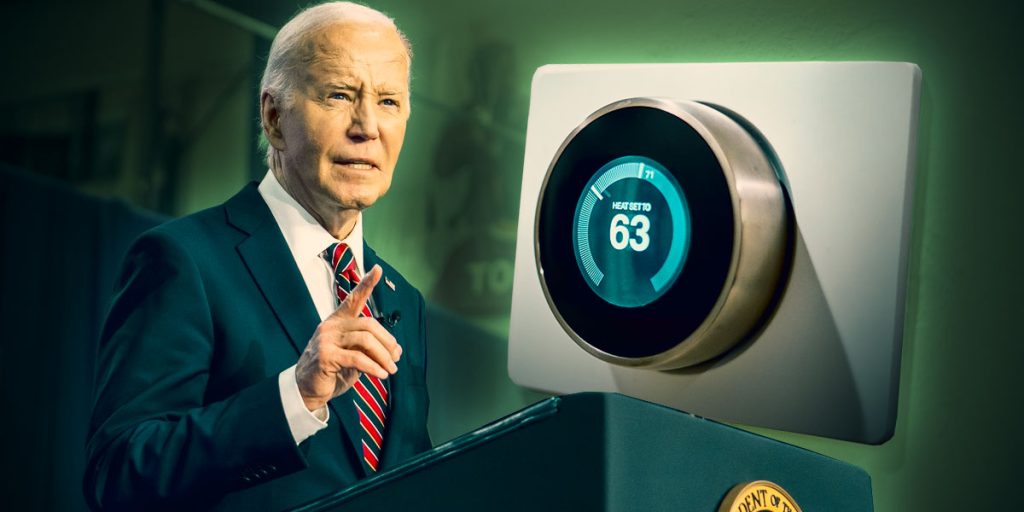
Today, the Environmental Protection Agency is one of the most powerful and most feared regulatory agencies in the country. What was originally intended to be an agency with a relatively modest charter has become much more powerful. The EPA is now claiming unrestrained authority to issue regulations that have major negative consequences for the American economy with little or no accountability to Congress.
Among the most onerous examples of EPA overstepping its authority is the agency’s efforts to regulate greenhouse gasses. The EPA has been aided and abetted in its crusade by a controversial 5-4 U.S. Supreme Court decision in Massachusetts v. EPA. According to the Supreme Court, because the definition of air pollution in the Clean Air Act is so imprecisely broad, it can be interpreted to grant the EPA the ability to regulate greenhouse gasses.
Others, including members of Congress, disagreed. One member, former Congressman John Dingell, D-Mich., the longest serving member of Congress in history, stated that it was never the intent of Congress to allow the EPA to regulate greenhouse gases. Speaking at a House Energy and Commerce Committee hearing, Dingell said that “I think the Supreme Court came up with a very much erroneous decision on whether the Clean Air Act covers greenhouse gases … I was present when we wrote that legislation. We thought it was clear enough that … even the Supreme Court was not stupid enough to make that finding.”
He further said that it would be “insane that [Congress] would be talking about leaving this kind of judgment … to a long and complex process of regulatory action,” affecting “potentially every industry and every emitter and every person in this country.”
The debate over greenhouse gases and climate change is not the central issue. This is really about the EPA usurping the authority of Congress to make law. As Congressman Dingell explained, Congress never intended for the EPA to have this sort of massive, unchecked regulatory power over almost every kind of activity. The issue is that the authority of Congress, and consequently the right of American citizens to representation in the making of our nation’s laws, is being seriously diminished by the EPA and other federal agencies.
Under our Constitution, Congress makes the law and is held accountable by the people through elections. The effort to restrain the EPA is more than a policy position on an issue, but a matter of fidelity to the Constitution and the clear separation of powers doctrine that is essential to the successful functioning of our government.
To directly address this issue in regard to the EPA’s attempt to regulate greenhouse gases I have introduced the Stopping EPA Overreach Act of 2015 (H.R.3880). This bill, which has more than 120 co-sponsors, would not only amend existing laws to clarify that the bureaucracy doesn’t have the authority to regulate greenhouse gases. It would also serve to fortify the fact that nothing in current federal law authorizes or requires regulation aimed at fighting climate change.
The issue of global warming or whatever else the EPA proclaims is being affected by greenhouse gases can be legitimately debated in Congress. In fact, Congress has already taken up the issue of carbon emissions. In 2009 Congress took up the “Cap and Trade” bill, which passed the House but has never received a vote in the Senate. It should be noted that Democrats had overwhelming majorities in both the House and Senate.
The EPA is not the only federal agency that is overstepping the authority of Congress. Other federal agencies have taken advantage of the failure of Congress to assert its lawmaking authority and have taken it upon themselves to legislate through regulations at a staggering rate and with enormously costly impact on our economy.
As the people’s elected representatives, it should be one of our top priorities to reassert Congress as the originator of laws and reestablish congressional accountability for regulations issued by federal agencies by requiring a vote on the regulations that have a significant impact on the economy. By doing so, not only will the economy benefit, but representative and accountable government will be restored in the process.
Gary Palmer represents Alabama’s 6th Congressional District in the United States House of Representatives.











